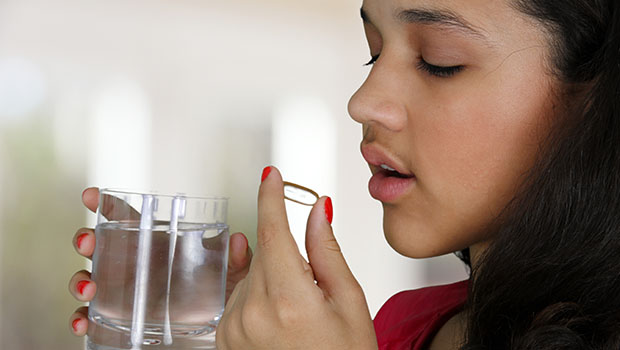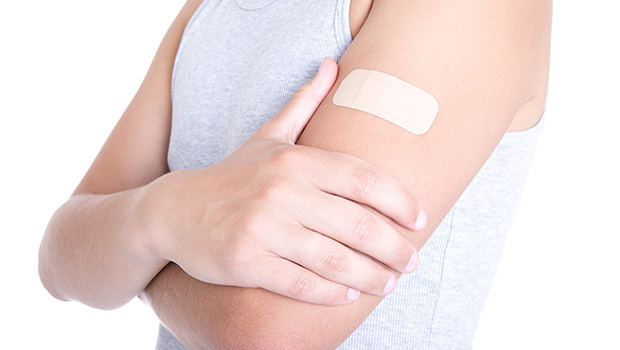Oral Insulin Dosing May Ward Off Type 1

Researchers have been trying to find ways to prevent Type 1 from developing in young children who are genetically prone to the condition. One way might be to create a vaccine that can trigger a measured immune system response to insulin in the bodies of these children; this would, in theory, safeguard against the body later having a hyperactive response to insulin and destroying all insulin-producing beta cells. A small German-led study has reported some success with this method.
In the study, researchers divided up young children (ages 2 to 7 years old) with a family history of Type 1 diabetes into two groups. One group was given doses of oral insulin and the other was given placebos. Researchers found that 5 of 6 children given the oral insulin showed an appropriate immune response, as their bodies treated the introduced insulin as an antigen and increased production in insulin-responsive T cells to fight the insulin off. The children avoided bouts of hypoglycemia, a sign that the fight was successful.
The kind of immune response exhibited by the children was welcome news, says lead study researcher Ezio Bonifacio of the Center for Regenerative Therapies in Dresden. If this vaccine can get the body to recognize and handle introduced insulin, it might prevent the immune system from overreacting to all insulin down the road.
“[This is] the sort of response we expect to see in children who are protected from diabetes,” Bonifacio said in an email correspondence with Insulin Nation.
The findings of the JDRF-funded study were published in The Journal of the American Medical Association. This study is unique in that it used a higher dose of oral insulin than used in previous studies. Researchers in the past had feared that administering larger quantities of insulin would jumpstart the immune system and trigger the full-blown onset of Type 1, rather than the desired immune system boost. However, by slowly increasing the insulin concentrations, Bonifacio believes the treatment appears safe.
Time will tell if these children are truly shielded from Type 1, but the early immune system response to the oral insulin was a promising sign. Julia Greenstein, JDRF vice-president of discovery research, believes this kind of research could be the start of developing a “universal childhood vaccine” for Type 1. A larger Phase II study is awaiting approval and should start this year, according to Bonifacio. In this new study, he wants to explore the impact of treating infants aged 6 months, which is considered the prime age for diabetes prevention.
Thanks for reading this Insulin Nation article. Want more Type 1 news? Subscribe here.
Have Type 2 diabetes or know someone who does? Try Type 2 Nation, our sister publication.







